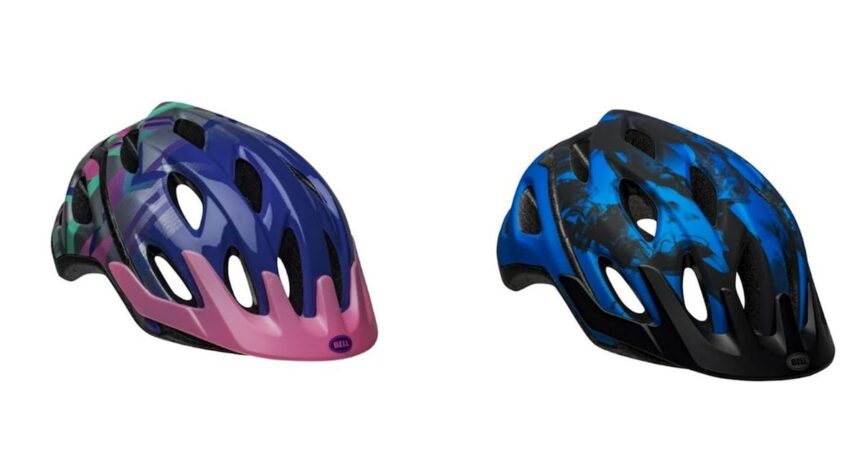In an urgent consumer safety announcement today, Health Canada has ordered the immediate recall of over 85,000 youth bicycle helmets across the country after independent testing revealed critical safety deficiencies that could leave children vulnerable to serious head injuries during accidents.
The nationwide recall affects three major brands—RideSafe, JuniorGuard, and VeloKids—with manufacturing dates between January 2023 and March 2025. Health Canada’s investigation determined these helmets failed to meet minimum impact resistance standards during laboratory tests, with some models showing structural cracking after forces significantly below regulatory thresholds.
“What makes this recall particularly concerning is that these helmets passed initial certification but appear to degrade rapidly under normal usage conditions,” said Dr. Eleanor Hanson, head of Health Canada’s Consumer Product Safety Division. “Parents who purchased these helmets believing they were providing protection for their children have essentially been given a false sense of security.”
The recall comes after three documented incidents in British Columbia and Ontario where children wearing the affected helmets sustained serious injuries despite relatively minor impacts. A CO24 News investigation found the manufacturer had received at least 17 additional consumer complaints about premature cracking that weren’t properly addressed.
Toronto pediatric neurologist Dr. Amir Patel underscored the gravity of the situation: “A helmet that fails during impact can be worse than no helmet at all. Parents trust these safety devices with their children’s lives. This breach of that trust is unconscionable.”
Health Canada’s laboratory analysis revealed that substandard foam density and inadequate bonding between the outer shell and inner liner were the primary failure points. Under impact, the helmets exhibited catastrophic separation rather than the controlled compression necessary to absorb energy and protect the skull.
The affected models can be identified by specific serial numbers located on the inside strap, beginning with RSC-23, JGC-24, or VKC-23/24/25. Consumers are advised to immediately discontinue use and contact retailers for full refunds or certified replacement options.
“This isn’t simply about regulatory compliance,” explained consumer advocate Sophia Nguyen. “Each helmet that fails testing represents a child whose life could be forever altered by a preventable brain injury.”
Industry observers note this recall follows a troubling pattern of increasing safety incidents with imported sporting equipment. A Canada News analysis found that critical safety testing for youth protective equipment has declined by 18% since 2021, raising questions about regulatory oversight.
The Canadian Pediatric Society has joined calls for stricter pre-market testing protocols and post-market surveillance of safety equipment marketed to children. “The current system relies too heavily on manufacturer self-certification and doesn’t adequately account for real-world usage conditions,” said CPS President Dr. Miguel Fernandez.
For parents uncertain about the safety status of their child’s helmet, experts recommend a simple field test: look for any visible cracks, ensure foam liners are firmly attached to outer shells, and check that all straps and buckles function properly. However, these checks cannot substitute for proper certification.
As summer cycling season approaches, how much confidence should Canadian parents place in the safety equipment they purchase, and what additional oversight measures might prevent similar failures in the future?


















